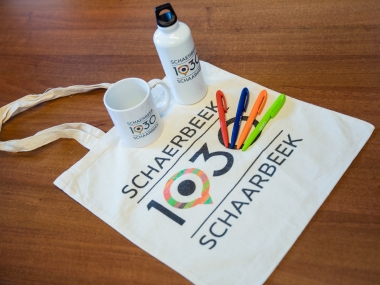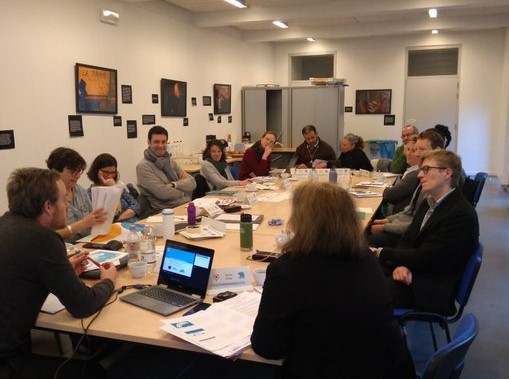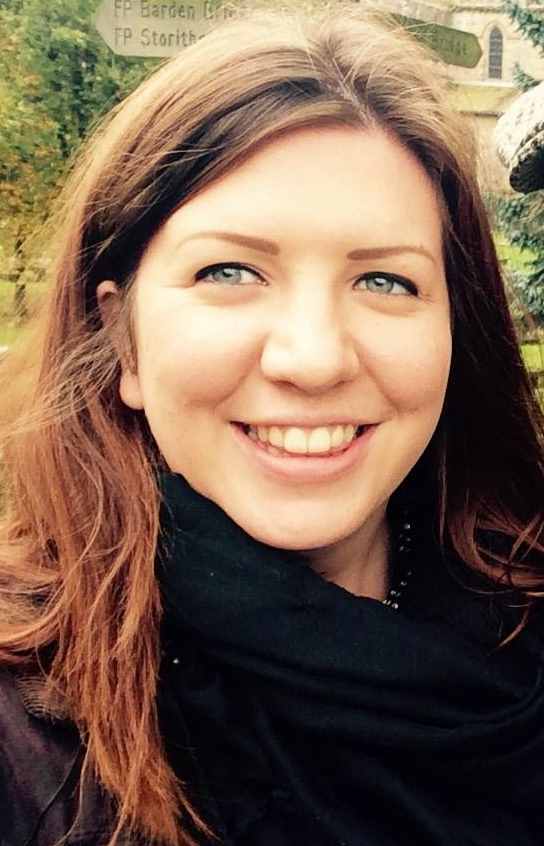On the importance of a transversal approach for public procurement
Edited on
30 September 2020Schaerbeek is part of the « Making Spend Matter » European funded URBACT Transfer Network, allowing the Municipality to exchange good practices concerning public procurement with fellow cities across Europe.
One of the ways our Municipality has progressed in its sustainable practices is by discussing its procedures and objectives internally and externally with our URBACT partners. This is indeed necessary, as public procurement is a complex administrative act, with many interdependent aspects.

At its most basic level, procurement must be performed according to local, national and European laws. But there is much more to the act of buying from a public entity. Firstly, it relates to the use of public money, with the responsibility to use it in an efficient way. Secondly, it has a direct impact on the firm that will produce the good or service that the administration buys. Receiving an order for a delivery means having an income and paying the salaries of the workers. Thirdly, the growing attention to the question of sustainability means that public buyers should also be aware of the impact of the goods and services on wider global questions: is the material eco-friendly? Were the goods produced by workers with decent work conditions?
With these simple examples it is already evident that a public procurement strategy should be designed with the help of many different municipal services, each one contributing with its own exp ertise. This is why in Schaerbeek the team working on the “Making Spend Matter” project is composed of representatives of 10 different departments. The officers working on public procurement for goods, services and works bring years of experience on procedure, legal compliance, time and money management, and experience in understanding the services’ needs and translate them into tenders. They have also received specific training on environmental aspects of public procurement, such as requirements for the use of chemical products, textiles, food and catering, circular construction… To achieve Making Spend Matter’s goals, they work in collaboration with colleagues who are specialized in eco-management, local economy but also analytical accounting, strategy and even communication. The objective is to have data on what we currently do, on what the market can offer, and on how public spending can make a difference by steering production towards more sustainable goods and services. This strengthened the transversal approach among municipal departments, and this cooperation has proved positive for several tenders that the municipality has passed in the last months. For example, the communication department and the eco-team worked together on a tender to buy more sustainable goodies for the municipality, so that Schaerbeek can set an example while providing cool and useful goodies like reusable water bottles.
ertise. This is why in Schaerbeek the team working on the “Making Spend Matter” project is composed of representatives of 10 different departments. The officers working on public procurement for goods, services and works bring years of experience on procedure, legal compliance, time and money management, and experience in understanding the services’ needs and translate them into tenders. They have also received specific training on environmental aspects of public procurement, such as requirements for the use of chemical products, textiles, food and catering, circular construction… To achieve Making Spend Matter’s goals, they work in collaboration with colleagues who are specialized in eco-management, local economy but also analytical accounting, strategy and even communication. The objective is to have data on what we currently do, on what the market can offer, and on how public spending can make a difference by steering production towards more sustainable goods and services. This strengthened the transversal approach among municipal departments, and this cooperation has proved positive for several tenders that the municipality has passed in the last months. For example, the communication department and the eco-team worked together on a tender to buy more sustainable goodies for the municipality, so that Schaerbeek can set an example while providing cool and useful goodies like reusable water bottles.
Participating in “Making Spend Matter” since the beginning of 2019 has allowed Schaerbeek to strengthen this process thanks to the occasions dedicated to exchange among partner cities. As a transfer network, all the partners were of course looking at Preston and our Lead Expert for guidance and advice. We were inspired by Preston’s commitment to being a living wage employer and their willingness to share examples with positive impact on the community, such as the tender for the reconfiguring and renovation of the local museum. We have also incorporated suggestions on procurement processes by our Romanian partners in Bistriţa and learned about specific clauses included by our colleagues in Pamplona. We have discussed the best approach to encourage the work of SMEs with our partners in Kavala and Koszalin, and we learned from Famalicão’s process of citizens’ consultations to produce a municipal shared vision of the future. During these exchanges, it became evident that, even though our cities have different economic and social realities, we are all motivated by the understanding that public procurement can have a real impact on our citizens’ lives by strengthening the local economy and making our environment more resilient.
If achieving a more sustainable public procurement is indeed a multidimensional issue, the answers must be found in a transversal approach, where colleagues can learn from each other and cities can learn from each other. “Making Spend Matter” has given Schaerbeek the opportunity to do just that, and we look forward to progress together with our partners.
Picture: The Municipality of Schaerbeek's sustainable goodies, inclusing reusable water bottle and mug, Oeko-tex cotton bag and ball pens made from sugar-cane bioplastic.
 Submitted by Alison Taylor on
Submitted by Alison Taylor on
